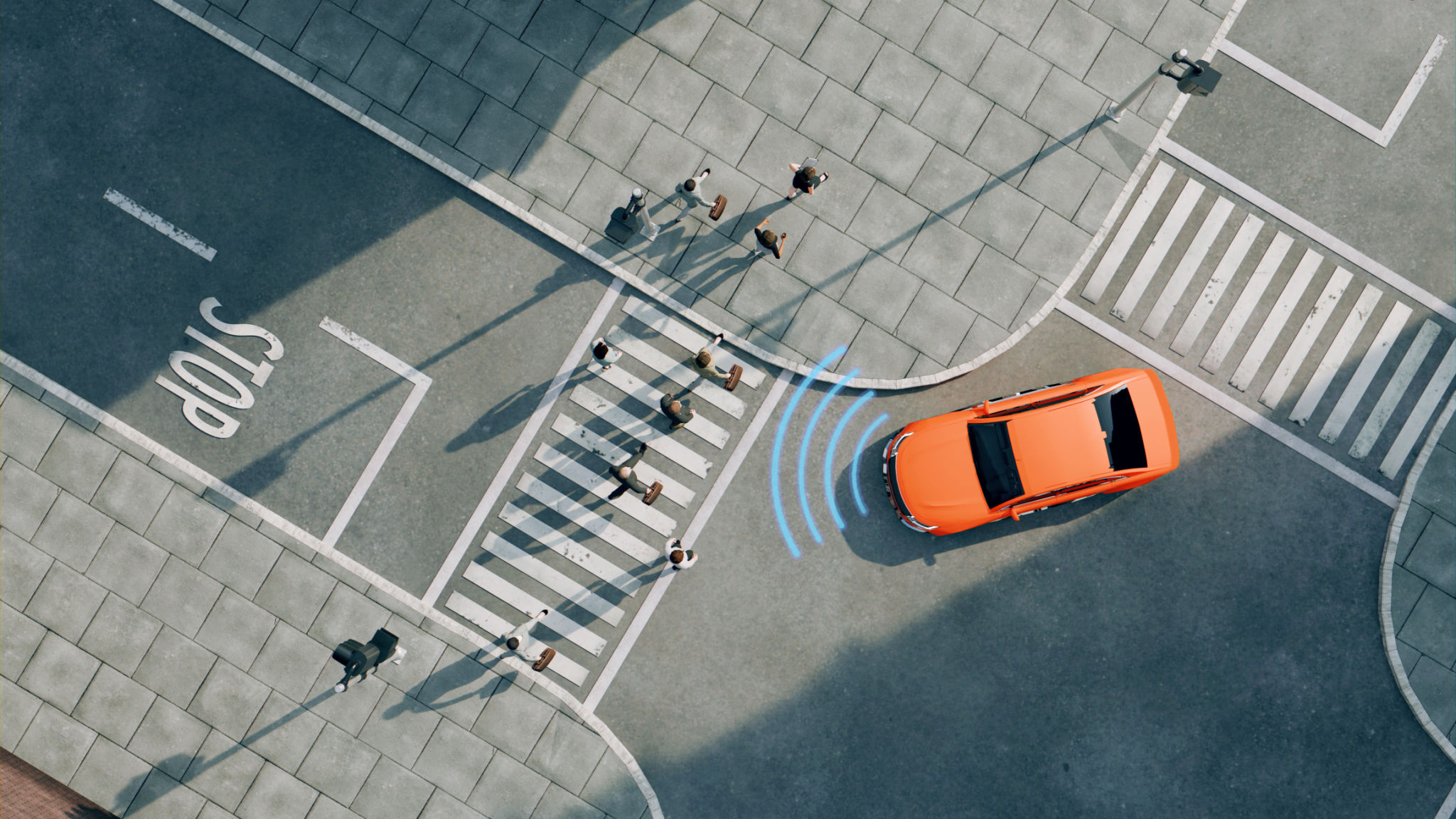The Future of Artificial Intelligence Applications in Everyday Life
Introduction to Artificial Intelligence in Everyday Life
Artificial Intelligence (AI) has rapidly evolved from a futuristic concept into an integral part of our daily lives. It influences everything from how we communicate to how we work, shop, and even drive. As AI technology continues to advance, its applications in everyday life are set to become even more pervasive and transformative.
The potential of AI is immense, and as it becomes more sophisticated, it will enhance convenience and efficiency across various sectors. Understanding the future of AI applications helps us appreciate its capabilities and prepare for the changes it will bring.

AI in Communication and Social Interaction
One of the most noticeable impacts of AI is in communication. AI-driven chatbots and virtual assistants have revolutionized customer service by providing instant responses and solutions. In social media, AI algorithms curate content, personalize feeds, and even detect inappropriate or harmful content.
Looking ahead, AI is expected to enable more advanced forms of interaction, such as real-time language translation and more immersive virtual reality experiences. These developments could bridge communication gaps and foster global connectivity.
Personalized Content and Recommendations
AI's ability to analyze vast amounts of data allows it to provide personalized recommendations in various contexts. Streaming services like Netflix and Spotify use AI to suggest content based on user preferences. This trend is expanding into retail, where AI can predict what products a consumer might be interested in purchasing.

AI in Healthcare
The healthcare industry stands to gain significantly from AI innovations. AI can assist in diagnosing diseases, analyzing medical images, and even predicting patient outcomes. By processing complex datasets, AI can identify patterns that might go unnoticed by human clinicians.
In the future, AI could enable more precise and personalized medicine, improving patient care and reducing costs. Technologies such as robotic surgery and AI-driven health monitoring are just the beginning of what is possible.
Virtual Health Assistants
AI-powered virtual health assistants are becoming more prevalent, offering medical advice and reminders for medication or appointments. These assistants can help manage chronic conditions by tracking symptoms and providing timely interventions.

AI in Transportation
The transportation sector is on the cusp of a revolution driven by AI. Self-driving cars are no longer a distant dream but are gradually becoming a reality. AI systems can analyze traffic patterns, optimize routes, and enhance safety features in vehicles.
As these technologies mature, they promise to reduce traffic congestion, lower accident rates, and provide more efficient public transportation options. The future of transportation could see autonomous vehicles becoming mainstream, reshaping urban landscapes.
Smart Traffic Management
AI can also play a crucial role in smart traffic management systems by predicting congestion and adjusting traffic signals to improve flow. These systems can lead to reduced travel times and lower emissions, contributing to more sustainable urban environments.

Conclusion: Embracing the Future with AI
The future of artificial intelligence applications in everyday life is filled with exciting possibilities. From enhancing communication and healthcare to transforming transportation and beyond, AI has the potential to make our lives more efficient, connected, and convenient.
As we continue to integrate AI technologies into our daily routines, it is essential to remain informed about their implications and ethical considerations. Embracing these advancements with an open mind will ensure that we maximize the benefits while addressing any challenges they may pose.